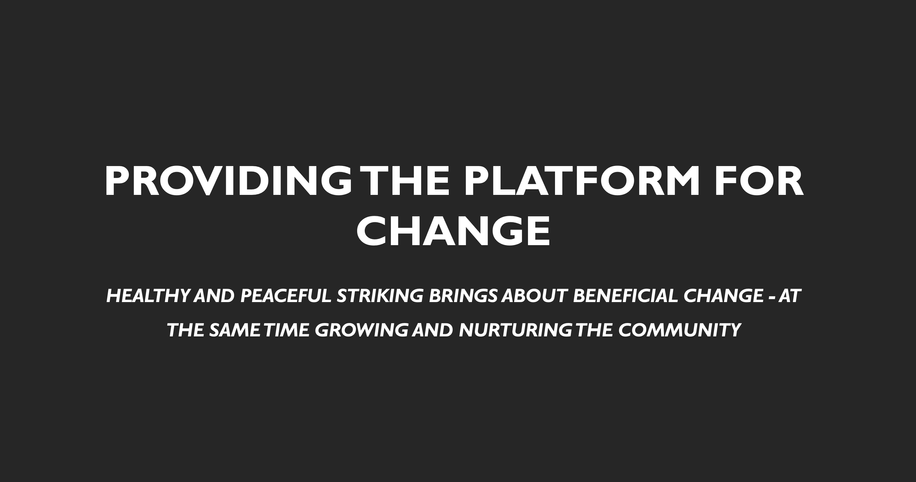
Project context
This was a group project (4 members) focussing on creating an application for social change and UX/UI design. This project formed part of my third year of my Information design degree.
We worked extremely well together (and the work will reflect this), I believe this is because we had a collaborative approach and split the workload equally. Even though I contributed throughout the project I will highlight the components I had a prominent role in.
Project duration
Mentor
5 weeks
Joshua Pretorious, Natalie de Canha, Nicola Lotter
My roles
-
Field trip
-
The idea
-
Competitor Research
-
Competitor Analysis
-
Creating online survey questions
Interpreting research findings
-
Interviewing one core persona (Lena Buys)
-
Creating persona
-
Mission
-
Goals
-
Objectives
-
User Journey Maps
-
Ecology Maps
-
System solution
-
Sign up paper prototypes
-
Initial wireframing
Interpreting user testing findings
-
USSD development
-
USSD wireframing
-
USSD improvement
Brand development
-
Name ideation & logo development
-
Style development
-
Iconography
-
Wireframes
-
CI guide
-
Prototype
Finals
About the project
Problem Statement
For this project we had to identify a social issue in Pretoria CBD, South Africa, as well as develop a mobile application which directly addresses this issue. While implementing UX/UI design strategies and best practises, therefore keeping the mobile application user centric.
Chosen project
The social issue we identified was protesting, especially the legal procedures and social implications associated with it. Therefore we decided to create a mobile application that educates South Africans on a healthy protest culture, thus aiding social movements. While giving our users the choice to join, observe, navigate.
Contextual note: In South Africa protest can escalate quickly from peaceful to rioting, and interfere with people's daily routine for example getting safely to work.
Objectives
1.
Identify social issue
2.
Conceptualise solution
3.
Develop application
4.
Apply UX/UI strategies
Conseptualisation
We went on a field trip to Pretoria CBD to “get out of the office” so to speak. Therefore, seeing our community from a different perspective and getting our creativity going. We were encouraged to talk to strangers (sorry mom) to help identify a need we could possibly create a mobile application solution for. The main idea of the field trip is to identify a social issue and conceptualise a solution for it.
1. Field trip: Mapping our journey








2. Conceptualising the idea
The idea of creating an application for protesting was born out my anxiety for cars and crossing the street. This might seem unrelated, but since there was an organised march on that day some roads were blocked. Resulting in heavier congesting in other areas. This became problematic for me when we crossed the road to explore the city and talk to people.
I wanted help navigating the impact of the protest on the surrounding area.


Research
We did a lot of research to understand the social issue we were tackling (protesting in South Africa) as well as our potential users. This includes formal & informal businesses, competitors’ analysis, literacy levels, language and demographics in Pretoria, protesting, public transport, and USSD systems.
3. Desk research overview
Pretorias demographics




Factors that make protest work
1. Organisation
2. Messaging
3. Non-violence







The Competitors Research was one of my responsibilities.


6. Interviews and creating personas
Understanding who our users are, their motivations and frustrations. Especially, what needs they have and how our application can assist them.




I interviewed our Lena Buys persona as well as help decide on our other users and personas.
Application solution
Presentation for strategical solutions for application including, mission, goals, objectives, system solution, ecology maps, and user journeys.
7. Presentation
4. Competitors analysis



The Competitors Analysis was one of my responsibilities.
5. Summary of online survey
It is important to note majority of our online survey answers came from students and 70% were female.
Below you will find our most prevalent findings.




I helped craft our survey question as well as made the key findings summary.
Prototyping
In this phase the team tested many different versions of the project, while I spent my time interpreting the data, therefore improving the project with each iteration.
Wireframing
9. Wireframing application and USSD
Low fidelity paper prototypes





USSD prototyping

The USSD system I mostly developed on my own.
Digital application prototyping



Login prototyping

I helped develop the login/register steps for the application.
Application wireframing

USSD wireframing

Brand identity development
10. Name ideation and logo development
Naming our application

For the first round of name ideation we all really like my suggestion of Toi Toi, but our lecturer suggested that Toi Toi might be problematic, because you don't know your users associations with that word. She suggested we rather make up a word, since our topic of protest is already a controversial subject in South Africa.

Secondly I suggested Muno, a made up word, but it was to soft and friendly, Therefore we ended up using my third suggestion of AYA. It is made up, short, sharp and memorable. Fun fact it is my sisters nickname.
My logo exploration


Photo from my sketchbook


The final logo

11. Style exploration





My style exploration
Colour palette

My final colour suggestion

For the colour palette I wanted to evoke our applications educational goals. Therefore I used primary school colours of green, red, blue and yellow as inspiration but made them more sophisticated.
Layouts


12. Iconography development
Iconography illustration style exploration

Sketching out some initial ideas.

Style inspiration
Icon development
Character icons


I was solely responsible for the iconography.
13. Meet the team


That's me.






















